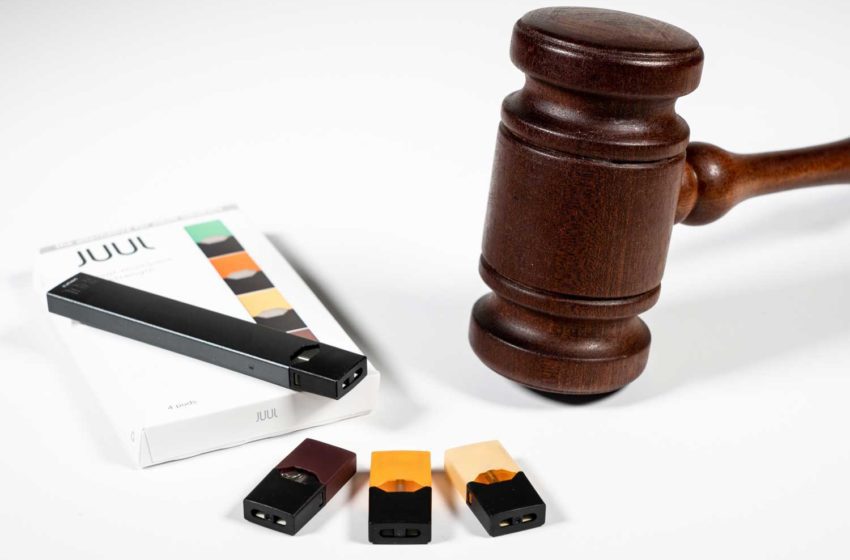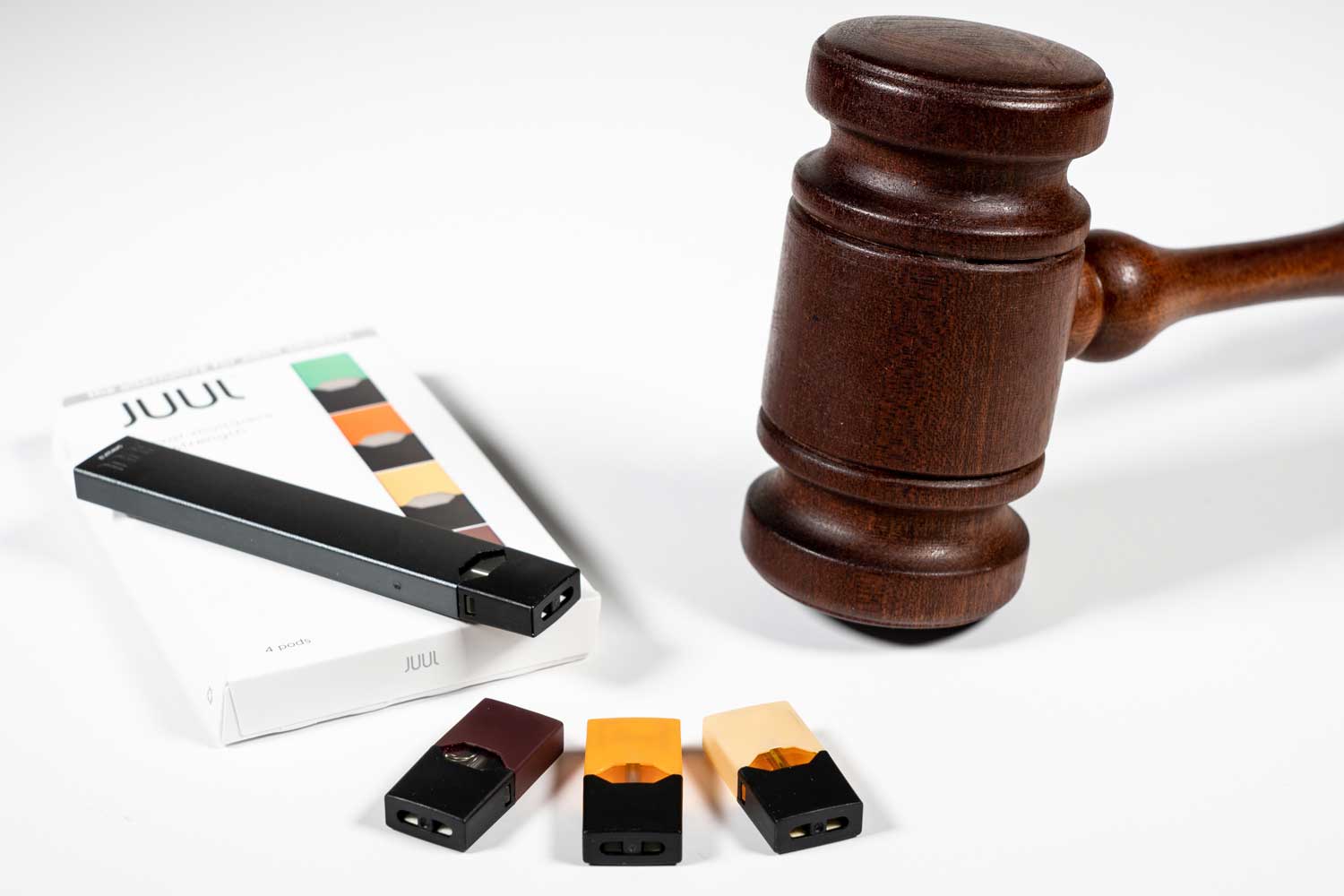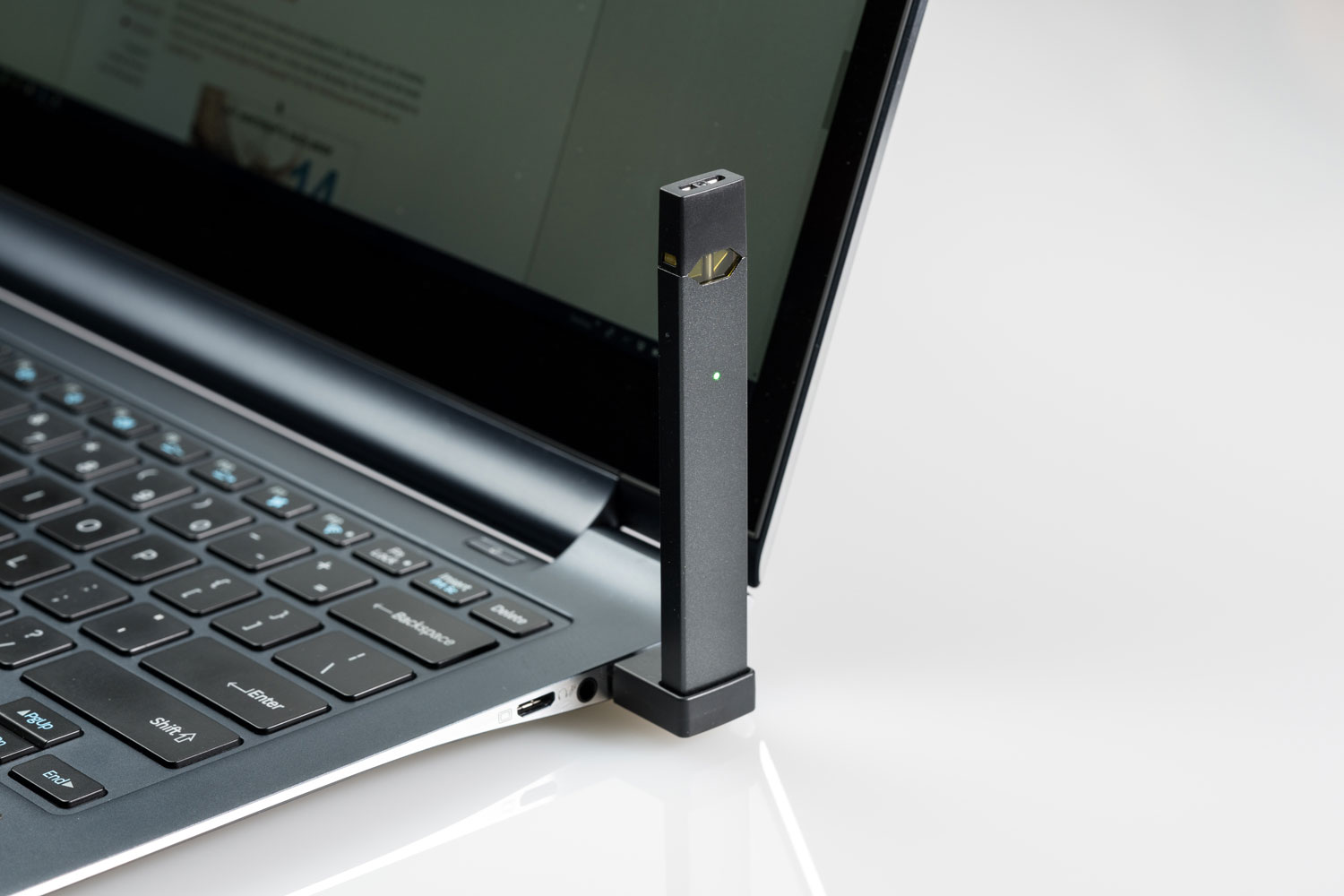
The Great Smoky Cannabis Dispensary opened Saturday for its first recreational marijuana sales for anyone over the age of 21.
It’s another first for the state of North Carolina, where marijuana remains illegal outside of the Eastern Band of Cherokee Indians’ (ECBI) territory.
The dispensary first opened on April 20, 2024, for medical cannabis purchases. A referendum was then passed in July to begin recreational sales, following a 2021 ordinance approved by the Eastern Band of Cherokee Indians, which legalized medical cannabis within the Qualla Boundary.
“We’re a sovereign nation, so we set it up to let people come visit, explore our community, visit our people, just come in and help themselves to any cannabis need they need,” Boyd Allen, a Cherokee tribal representative, said Saturday, according to local media.
Despite laws passed by the ECBI, marijuana remains illegal in the rest of the state. The sheriff of Swain County, which borders Cherokee land, said in a June interview that his department would enforce state law.
“They need to educate their people up there that when they come off the boundary, they’re in a different world,” Sheriff Curtis Cochran said. “We’ll educate them if we catch them with it. We’ll charge them for it.”


















